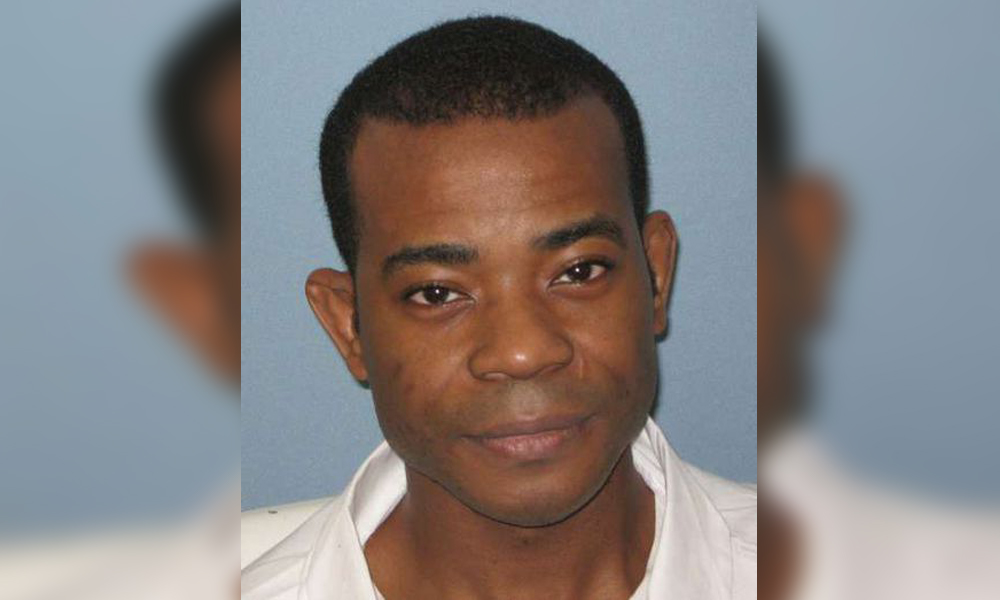A Birmingham man convicted of being an accomplice in the murders of three Birmingham police officers was executed Thursday evening.
Nathaniel Woods, 43, was executed after appeals and national media attention failed to deter Alabama Gov. Kay Ivey to intervene. Woods was convicted of being an accomplice in the murders, despite the shooter’s statements that Woods was not responsible for the deaths and that there was no plan to kill them.
The U.S. Supreme Court issued a temporary stay in the hours before Woods was set to be executed at 6 p.m. Thursday, but Supreme Court Justice Clarence Thomas just before 8 p.m. lifted the stay. Woods was pronounced dead at 9:01 p.m.
“After thorough and careful consideration of the facts surrounding the case, the initial jury’s decision, the many legal challenges and reviews, I concluded that the state of Alabama should carry out Mr. Woods’ lawfully imposed sentence this evening,” Alabama Gov. Kay Ivey said in a statement after the execution.
A jury in 2005 convicted Woods of being an accomplice to the deaths of the three Birmingham police officers – Charles Bennett, Carlos Owen and Harley Chisholm III – but the man who shot them and wounded another, Kerry Spencer, admitted to the crimes and is also serving on Holman’s death row.
On the day the officers entered the Ensley apartment shared by Woods and Spencer, Woods surrendered and had no weapon, but the commotion startled Spencer awake in another room, and he came out firing his semi-automatic rifle, according to court records.
During Spencer’s trial, he testified that those officers had harassed them over two visits earlier that day and that when they arrived for the third time he was asleep in a bedroom. Spencer testified that he shot the officers as a “knee-jerk reaction” when he saw one officer with his gun unholstered inside the apartment and that Woods was innocent in the deaths.
In the days before his execution, prominent people began urging Gov. Ivey to intervene, and national media outlets covered the case.
Martin Luther King III, the son of the civil rights leader, wrote to Ivey asking her to stop Woods’s execution. Kim Karshadian West and O.J. Simpson both tweeted support for Woods and asked for intervention in his execution.
U.S. Senator Doug Jones on Thursday also expressed concern over the pending execution.
“Given the questions and mitigating issues involved in this case — and the finality of a death sentence — a delay is warranted to provide time for a thorough review of all the facts and circumstances to truly ensure that justice is done,” Jones said in a statement.
Kimberly Chisholm Simmons, the sister of officer Harley Chisholm, killed by Spencer, in a statement before Woods’s death, asked Ivey to reconsider her decision not to intervene.
“I do not think that Nathaniel is guilty of murder. I urge Governor Ivey to reconsider her decision not to intervene. There is no harm in allowing more time for the courts to investigate. I want the new evidence to be brought forward and evaluated by new attorneys,” Simmons wrote.
“Please do not move forward with the hasty decision to execute Nathaniel. My conscience will not let me live with this if he dies. I beg you to have mercy on him,” Simmons wrote.



















































